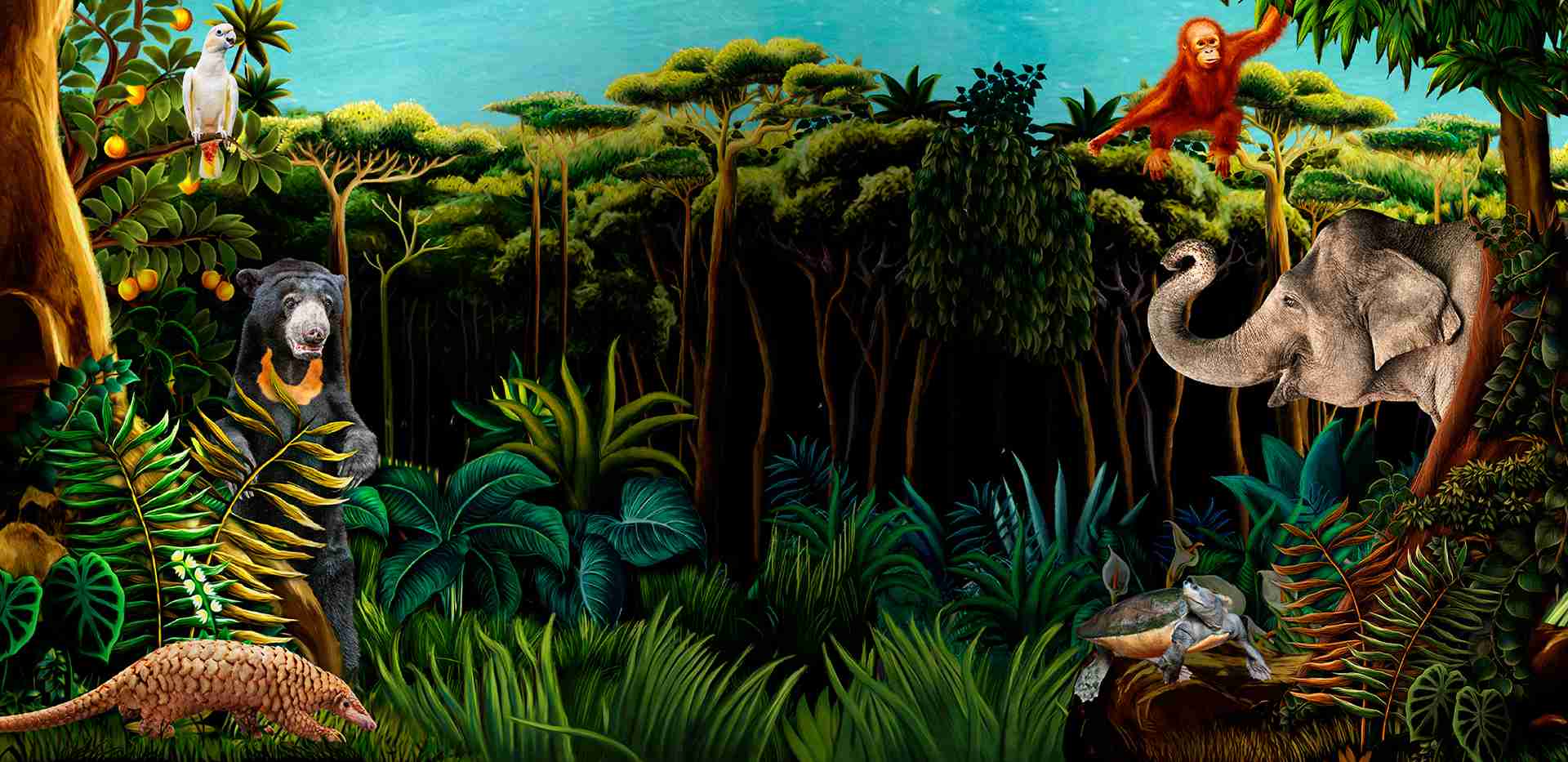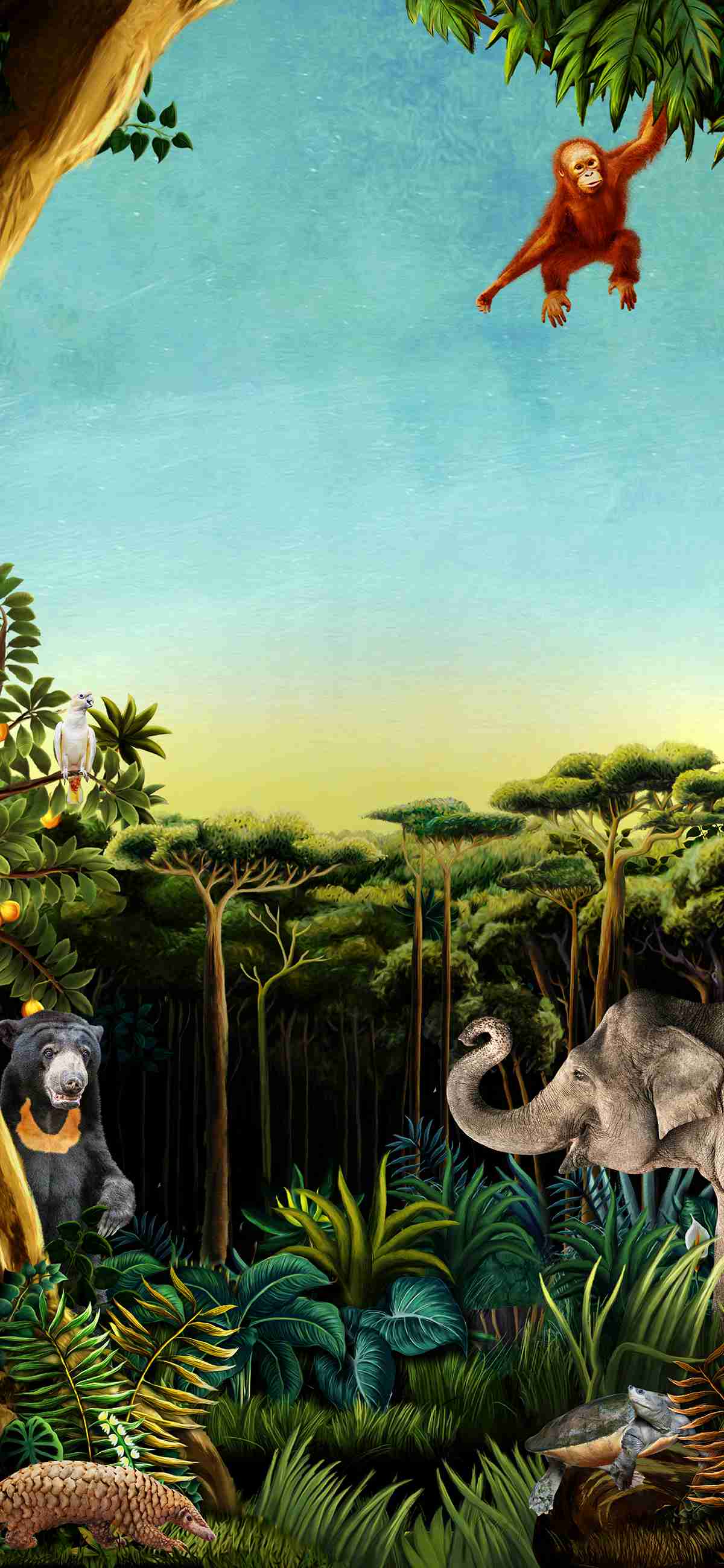Farewell Inuka
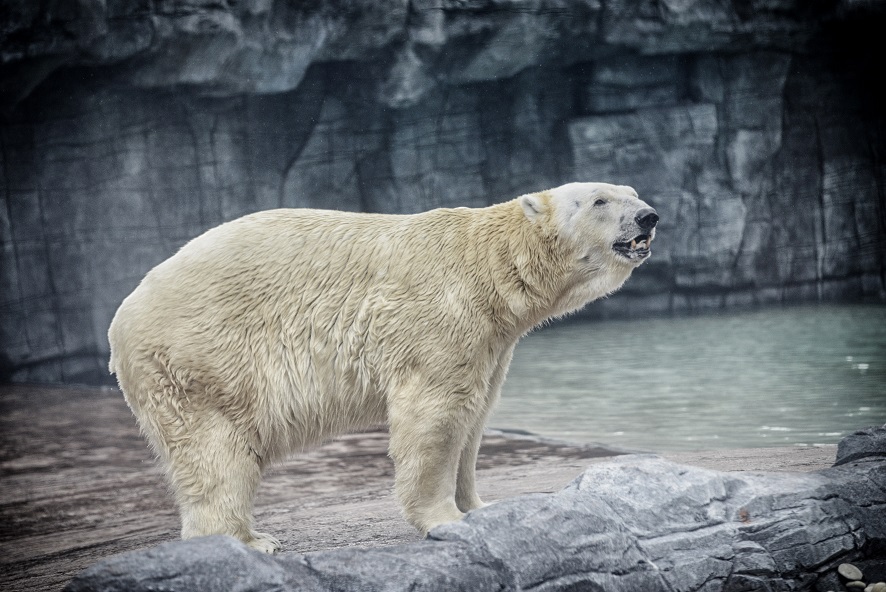
Singapore Zoo bade farewell to her beloved senior polar bear Inuka on 25 April 2018. The health of the Zoo’s golden resident declined markedly in the past three months, and the zoo vets and his care team agreed to not revive him from anesthesia on humane grounds following a second health examination in three weeks.
PHOTO CREDIT: WILDLIFE RESERVES SINGAPORE
Inuka’s earlier health examination on 3 April 2018 revealed a significant decline in his health. While he had suffered age-related ailments such as arthritis, dental issues and occasional ear infections for the past five years, Inuka recently started exhibiting a stiffer gait, particularly in his hind limbs. In the 3 April physical examination, the zoo vets found additional problems. Due to his ailing limbs, he is unable to properly support his 500+kg weight. As he dragged his feet, this had caused ulcerations on his pads that led to deeper infection between his toes. He also had a wound on his lower abdomen, likely caused by urine-burns from incontinence and recurring urinary tract infections.
Today’s medical examination revealed that the open wounds on his paws and abdomen had not significantly improved despite additional treatment over the last three weeks. These wounds, which were quite deep, would have caused pain and discomfort to Inuka, and would only be aggravated as his arthritis worsened. The vets had hoped that the treatment instituted since the last checkup would have resulted in more improvement, and as it was not the case, it was clear that Inuka’s health and welfare state was compromised and the responsible course of action was not to prolong Inuka’s suffering.
At 27 years, Inuka was akin to a human being in his 70s, and had outlived the lifespan of wild male polar bears by more than a decade. In the wild, male polar bears typically live between 15-18 years.
Despite the best efforts of his care team, Inuka’s ailments have significantly worsened in recent months, eroding his quality of life, and there was little else the vets could do to ease the downward trend. For the last five years, the senior polar bear had been under the Zoo’s senior animal care programme designed to alleviate the effects of aging. Steps taken included modifying his care routine, changing his diet, administering joint supplements and conducting regular health checks. In the past two years, he was also placed under an increasing regime of pain management for his arthritis.
Dr Cheng Wen-Haur, Deputy Chief Executive Officer and Chief Life Sciences Officer, Wildlife Reserves Singapore, said, “In caring for our geriatric animals, the priority is to ensure they have an acceptable quality of life, which we monitor and evaluate closely based on a comprehensive welfare assessment framework. Our decision to let Inuka go was made with the knowledge that his health issues have seriously impacted his welfare. As much as we would like to keep Inuka with us for as long as possible, our ultimate responsibility is his welfare. Beyond the point where we can ensure a good quality of life for Inuka, the greater kindness would be to relieve him from prolonged suffering.”
Singapore Zoo welcomed Inuka, the world’s first polar bear born in the tropics, on 26 December 1990. Keepers used to refer to him as the “best Christmas present” and generations of Singaporeans remember their experience of rubbing noses with Inuka through his glass-fronted exhibit. Over the years, he won many hearts with his carefree antics, both in the water and on land, and graduated to become the park’s most prominent senior resident. Celebrating Inuka’s birthday every year-end became a tradition that many zoo goers looked forward to.
“Singaporeans have known Inuka from the time he was cub, and have seen him growing up and aging. Many of us grew up with him. It has been a privilege and honour being his care giver, but difficult as it may be, it would not have been fair to prolong his suffering. We would like to thank the many people who showed their love and concern for Inuka, especially this past month. We will miss our Inuka dearly and it will take some time to get used to not seeing him readily waiting to greet us every morning,” said Mohan Ponichamy, Deputy Head Keeper, and one of Inuka’s primary caregivers.
Singapore Press Holdings (SPH) has supported Inuka’s upkeep since birth. SPH Foundation, the charity arm of SPH, took over the adoption from 2007.
Polar bears were brought to Singapore in 1978, and offer a glimpse into the arctic for zoo guests. Aside from Inuka, Singapore Zoo was once home to his parents Nanook and Sheba, and another polar bear Anana. Following deliberations with its Animal Welfare and Ethics Committee (AWEC) in 2006, the Zoo announced that it will not bring any more polar bears to Singapore. The decision was revisited and reaffirmed last month and is in line with the Zoo’s stronger focus on featuring tropical wildlife and threatened Southeast Asian species in need of ex-situ management programmes.
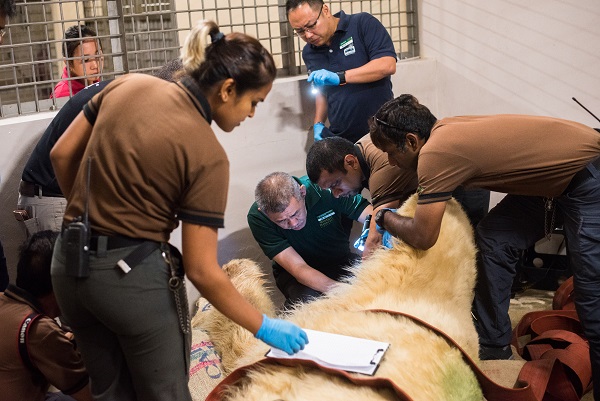
Dr Cheng Wen-Haur Deputy CEO and Chief Life Sciences Officer (in green) examining Inuka’s lower abdomen. Looking on are Dr Abraham Mathew, Assistant Director, Veterinary Services (second from right), and Mohan Ponichamy, Deputy Head Keeper and one of Inuka’s caregivers (extreme right). The medical examination on 25 April revealed that the open wounds on Inuka’s abdomen had not significantly improved despite additional treatment over the last three weeks.
PHOTO CREDIT: WILDLIFE RESERVES SINGAPORE
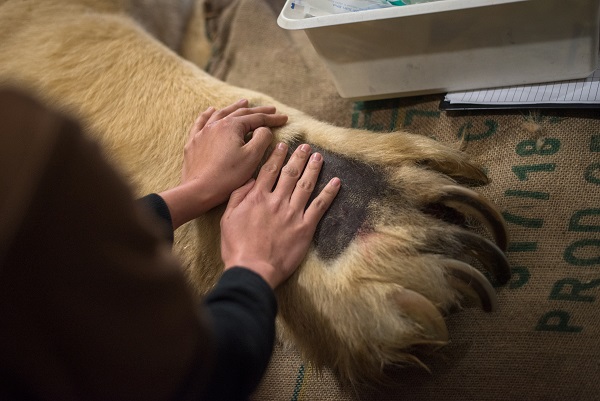
A final touch – one of Inuka’s caregivers placed her hands on his paws while saying a final goodbye
PHOTO CREDIT: WILDLIFE RESERVES SINGAPORE
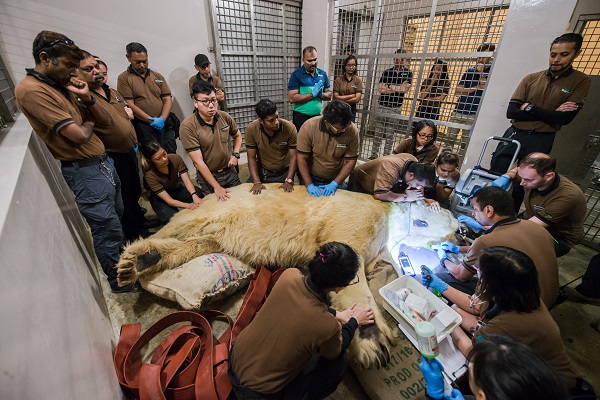
Inuka’s family of care givers past and present gathered around him as Dr Abraham Mathew, Assistant Director, Veterinary Services, administered the final injection to relieve him from suffering.
PHOTO CREDIT: WILDLIFE RESERVES SINGAPORE
